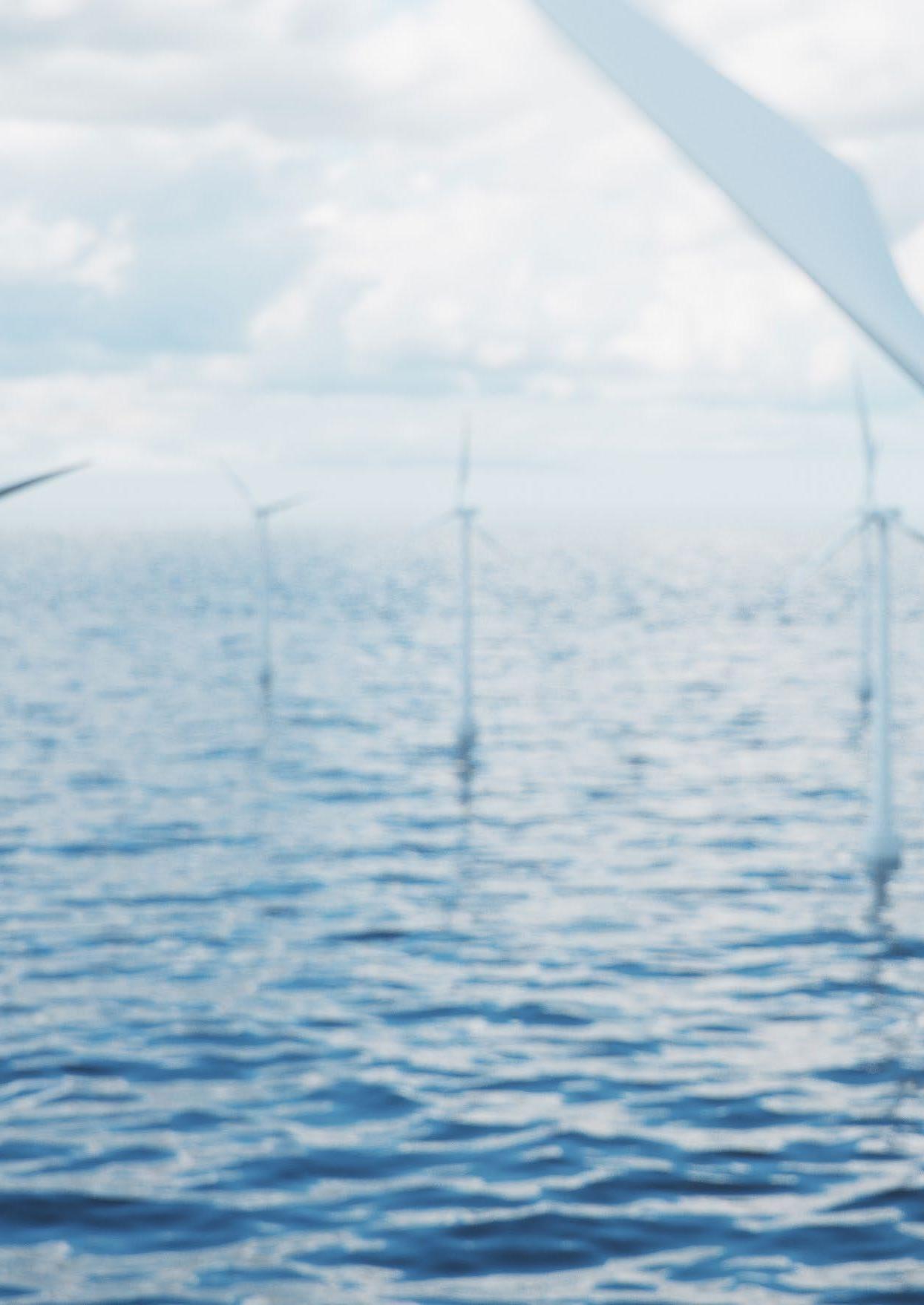December 2020
M&G I NVESTM E NTS
INVESTING IN THE ROAD TO
ZERO CARBON Engaging with renewable energy champions on both sides of the Atlantic
A
mong the core holdings in the M&G Global Listed Infrastructure Fund are NextEra Energy and Enel, two companies at the vanguard of renewable energy deployments. The critical nature of the underlying assets epitomises the attractions of infrastructure as an asset class, while the structural growth in renewables provides a powerful long-term tailwind for companies addressing climate change.
way of its focus on clean sources of energy, customers by way of a reliable service and lower costs, and shareholders by way of consistently rising cashflows and dividends. We invested in NextEra Energy at the fund’s launch in October 2017 and we have been duly rewarded with higher dividends and a higher share price. Past performance is not a guide to future performance. ENEL
NEXTERA ENERGY NextEra Energy is a US utility company which ranks as the world’s largest producer of wind and solar energy. With a broad geographic footprint across the US, NextEra Energy is the nation’s leading provider of clean energy including natural gas, a key transition fuel for the reduction of carbon emissions. It is also a market leader in energy storage, with more capacity than any other company in the US, to improve the efficiency of energy use. Sustainability is at the core of the company’s strategy to benefit a broad range of stakeholders: the environment by
18
Enel, the Italian utility, shares the same philosophy of sustainable growth, with a vision of becoming a ‘super major’ in renewables over the next decade. Enel is a domestic champion but also a global company with a significant presence in the long-term growth markets of South America. Enel’s strategy combines significant and growing investment in renewables with an acceleration in decarbonisation by way of phasing out coal. Renewables capacity is expected to triple over the next 10 years, with renewables accounting for more than 80% of group power generation capacity in 2030, up from 55% today.
I FAmagazine.com



